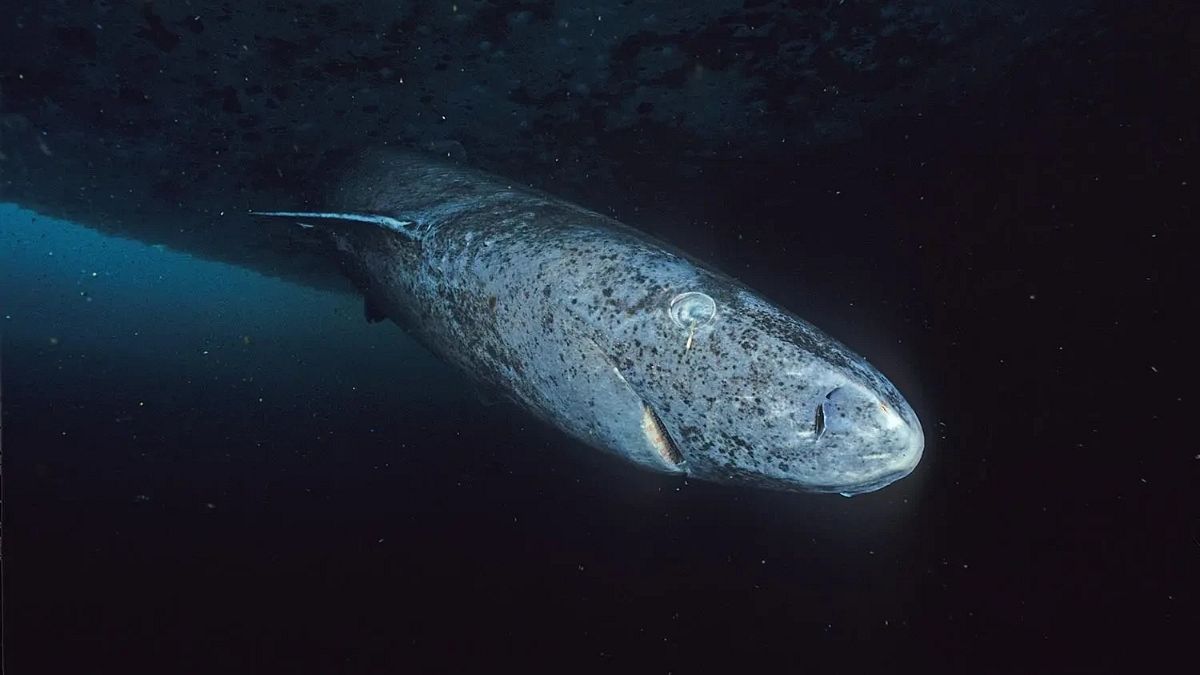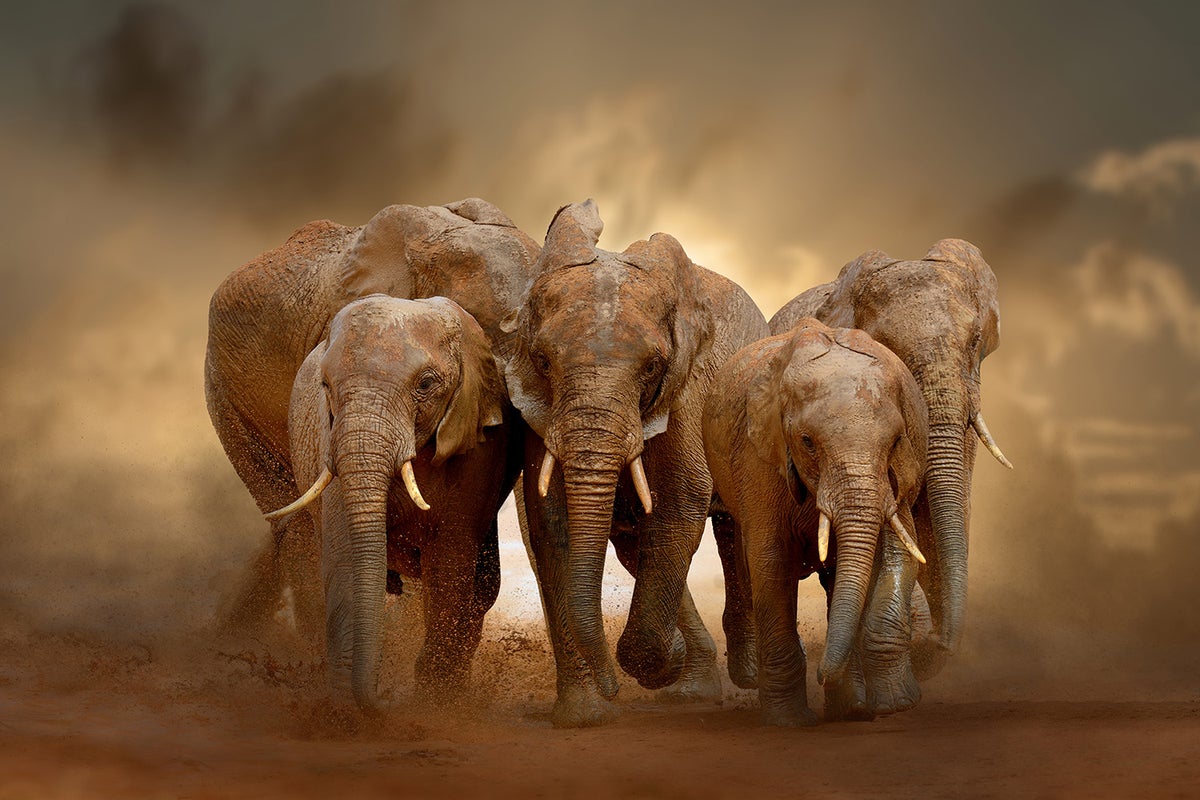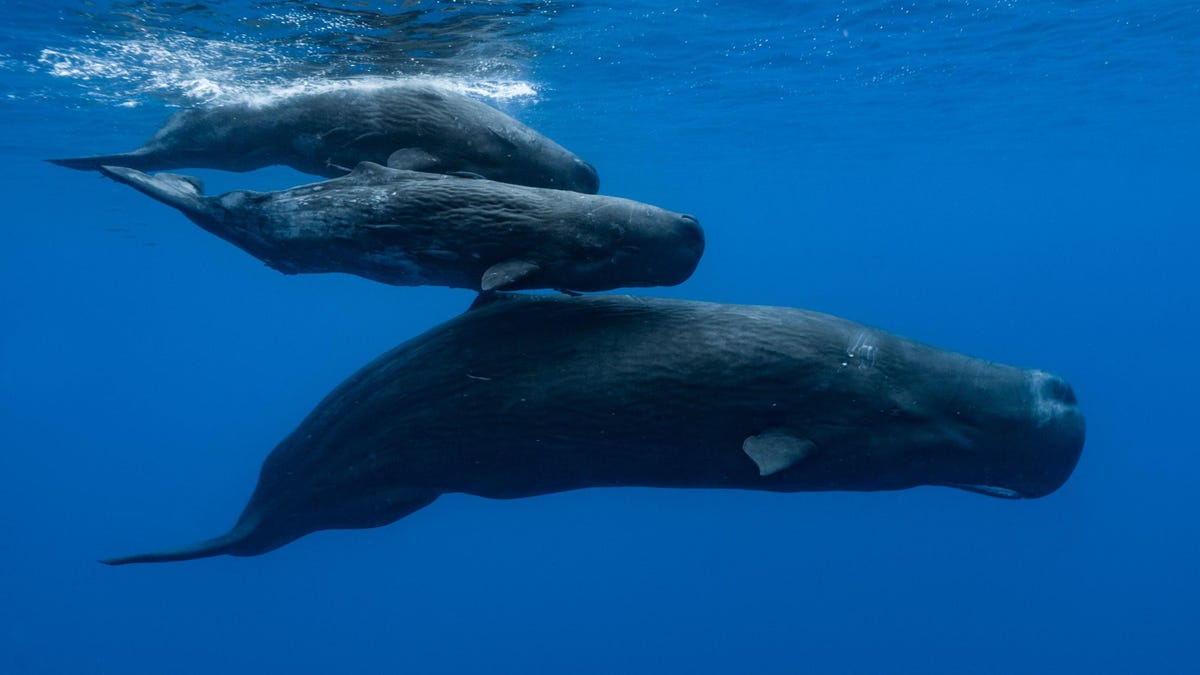
Recent science is showing plant communication systems may be more complex than we imagined.

A new study has found more than 1,000 human infant deaths resulted from the loss of bats in North America – which led to increased pesticide use, a grim reminder of how vital this much-maligned mammal is to our wellbeing.

Around 20,000 years ago, mammoths and their relatives were relatively plentiful. By about 10,000 years ago, they were all but extinct, their disappearance shockingly sudden given the millions of years they thrived on Earth.

To save a diversity of plants and animals from the current mass extinction, the UN introduced a historic 'peace pact with nature' at the end of 2022, in which countries pledged to turn 30 % of the planet into protected zones by 2030.

Previously, it was thought that this long lifespan was due to the shark’s cold environment and minimal movement. Now, it’s been discovered that the factors behind this species extreme longevity appear to be far more complex.

A new research suggests wild African elephants may pick their own names and use them to call and greet one another on the savanna.

The latest study is a big step forward in decoding whale linguistics - and machine learning is making it possible.

Authorities in New Zealand are investigating an unfortunate incident in which thousands of juvenile eels washed up in the Kauritutahi stream. The massive deaths marked the second time in the current year.

The clan systems are matrilineal and average roughly 20,000 females per clan. The clans are determined by vocalizations called "codas" that involve distinct sequences of clicks.

New study reveals that as insect populations in Europe fall so some plants are turning to self-pollination.

A team of scientists from the SETI Institute, University of California Davis and the Alaska Whale Foundation conducted a landmark experiment in which the team had a 20-minute conversation with a humpback whale named Twain in her own language.

The electric eel is the biggest power-making creature on Earth. It can release up to 860 volts, which is enough to run a machine. In a recent study, Japanese researchers found electric eels can release enough electricity to genetically modify small fish larvae.

Cuttlefish in the present study were all able to wait for the better reward and tolerated delays for up to 50-130 seconds, which is comparable to what we see in large-brained vertebrates such as chimpanzees, crows and parrots.

Acurding to a recent reserch, every species of mammal they examined emitted a green, blue, pink, or white hue under UV light.

The largest meat company in the world, JBS, has started construction of its first commercial-scale factory to make lab-grown meat in Spain.